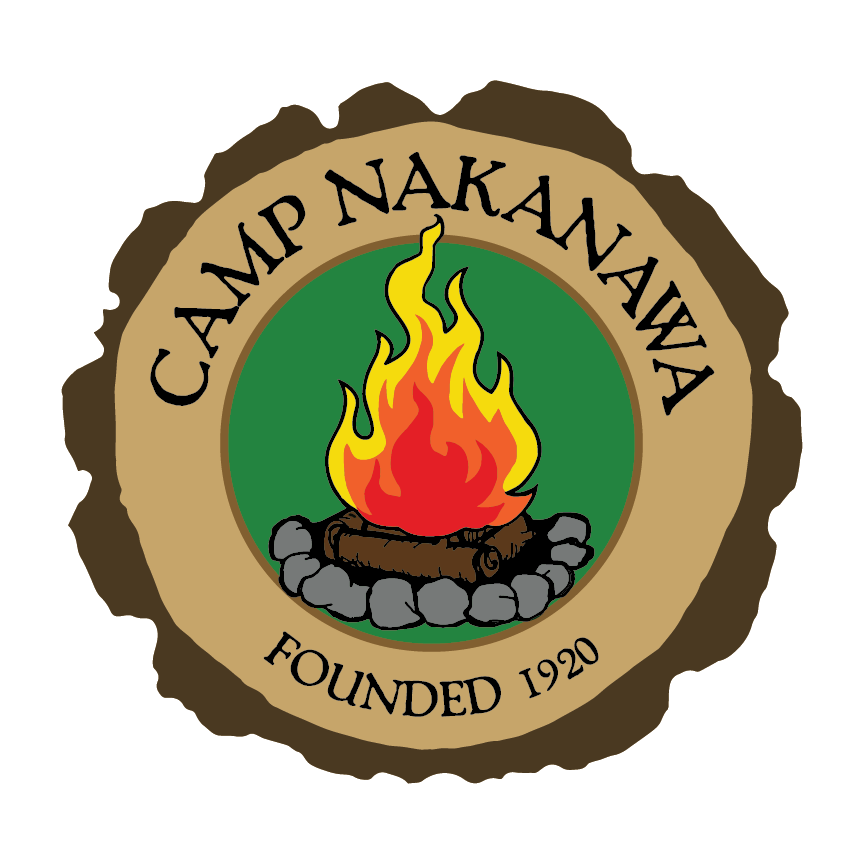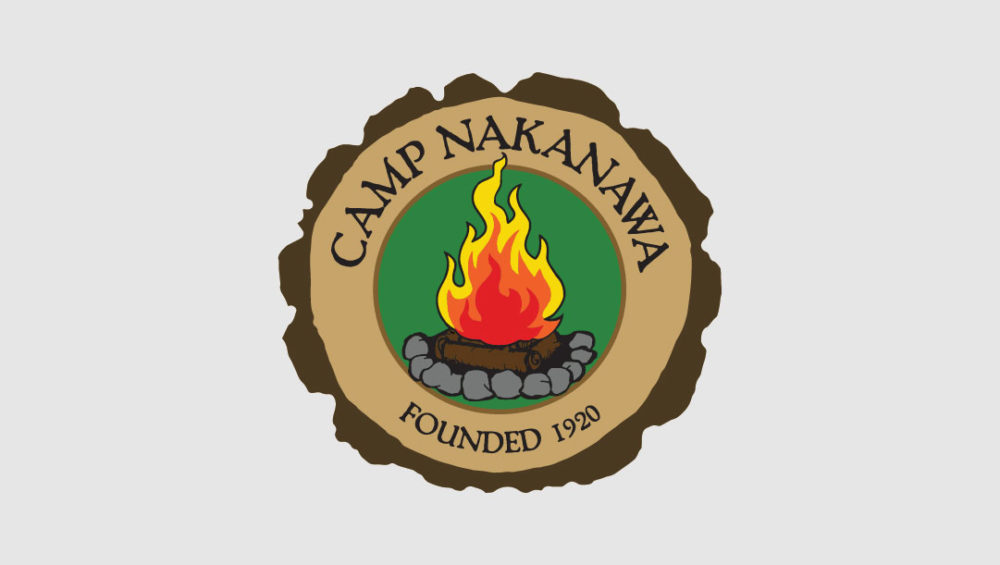Child Development
The most important “job” you will have as a Nakanawa counselor is that of cabin counselor. You will be responsible for 8 to 10 girls, acting as big sister, friend, confident, and even “surrogate mom” at times. At Nakanawa, we call the girls in our cabin our “bunkies.” (They sleep in “bunk”…..get it?) These girls look up to you, their counselor, in ways you may never know.
Lucky for us, we know what it feels like to be a young girl, a “tween,” and even a full-fledged teen. We’ve been there ….. done that. So you will probably feel comfortable in your newfound role as cabin counselor.
One of the comments we hear time and again from Nakanawa counselors is how camp can be a bit like a college child development course. “Wow! I can see adolescent development in action,” or “Now I understand what I just learned in my psychology class.” And if you want to know the secret to being a great cabin counselor, here it is: BE THERE! Spend time in your cabin, take pride in your cabin, talk with each girl individually, take time to listen, and most important, be a great role model in all that you say and do.
If you would like to read the [impressive] article on child development and summer camps, click here to read the entire article.
Here are the ways that we can use their findings at Nakanawa:
-
Pay special attention to how campers make mistakes — both in activities and in relationships — because it reveals how they think. Knowing this will help you be a better counselor.
-
Provide opportunities for challenge and exploration. Most growth occurs when campers are faced with new, and even somewhat difficult circumstances. (Do you really think I can become an American Archer?)
-
Encourage effort without putting a premium on winning or perfection. Help campers understand that the process of learning involves more failing than succeeding. Remember to value the process, not the product. Nakanawa is a perfect environment to practice this. Though we celebrate the accomplishments, we value sportsmanlike conduct over everything.
-
Be sensitive to younger camper’s concrete ways of thinking. It takes years to learn to think hypothetically and abstractly. This is one reason why younger children are impulsive and why they take what counselors say so literally.
-
Teach age-appropriate skills. Although it may be trendy to push kids ahead, Piaget cautioned, “Children have real understanding only of that which they invent themselves, and each time that we try to teach them something too quickly, we keep them from reinventing it themselves.” At Nakanawa, we try to let young girls stay “young.”
-
Allow campers to be self-directed in some activities. Like many animals, children can be trained to perform. A nobler goal is to teach them to think for themselves and act responsibly. Some selfdirected play helps nurture children’s independence. And we have noticed that in today’s world, learning this selfdirected play is difficult for girls whose lives have been so orchestrated by their parents.
-
Pair challenge with support. Push campers’ skill limits while exposing them to expert instructors (that’s us!) and peers. This practice promotes proper child and adolescent development.
-
Design an environment where campers experience some mastery, not just constant challenge or constant hollow praise. A genuine sense of accomplishment, after some real effort and failure, is the only thing that increases self-esteem. There is no evidence to suggest that simply telling a child she is special will make her feel special. At Nakanawa, our activities, reinforced by recognitions and clubs help support this genuine sense of accomplishment.
-
In terms of the activity you teach at Nakanawa, make sure you explain the goals of your activity to campers in advance. Then, at the end of some activities, discuss whether and how those goals were met. Play is your most powerful teaching tool.
-
And finally, Nakanawa is a unique utopia where each girl is celebrated for her own individuality. Your support, care, and concern for each camper will help her grow and develop more than you will ever know.
If the child development experts were to design an ideal learning environment, it would need to be developmentally appropriate with challenging activities, nurturing experts, plenty of social interaction, and opportunities for both problem-solving and thoughtful reflection. Of course, it would also need to be just plain old fun. I think I know just what that ideal place is, don’t you?

